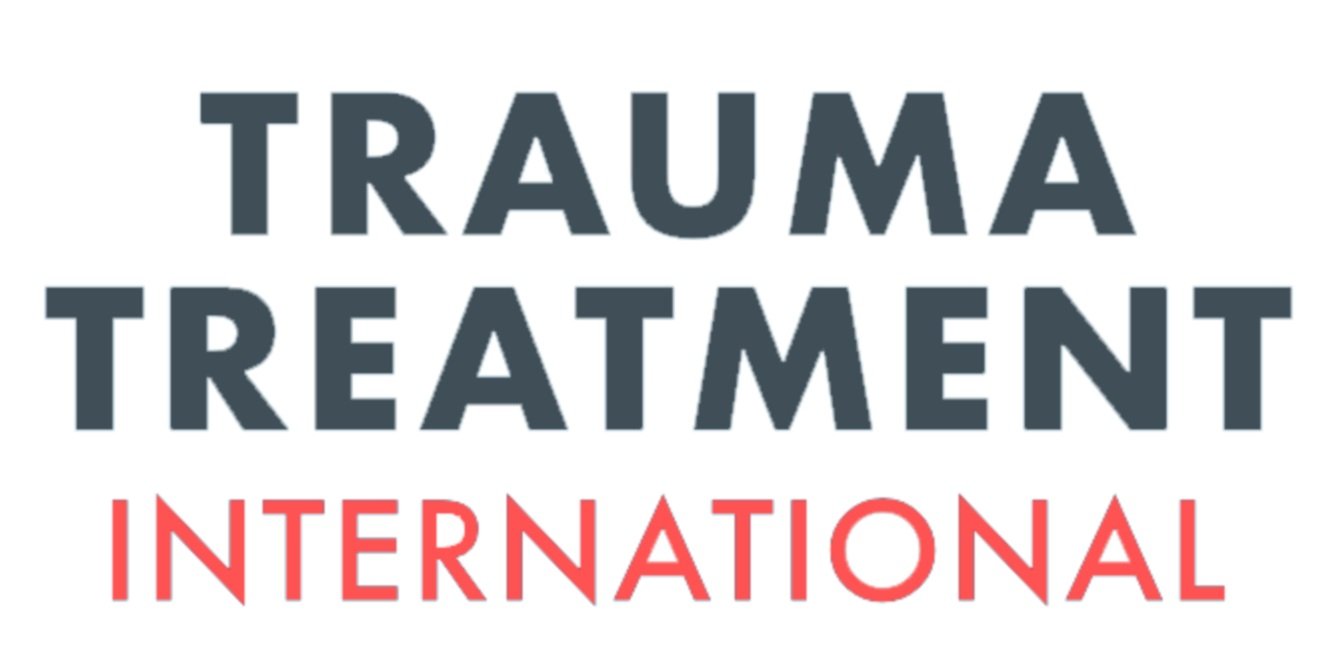Helping organisations mitigate against burnout and secondary trauma
Across social media this week, we’ve been highlighting the importance of our mitigation work – the M in our TEAM UP acronym.
On Tuesday, we told you about our work with Women for Refugee Women (WRW), a London-based charity. Its staff supports many refugee and asylum-seeking women who have suffered traumatic and horrific events, either in their home countries, on their journeys, or within the detention and processing systems.
WRW’s staff are routinely exposed to harrowing personal accounts and case studies. While a hugely rewarding job, the staff can experience vicarious trauma and burnout as a result.
So our clinical psychologist Dr Jill Domoney carried out a three-month project at the charity, helping its staff to mitigate against the risks to their mental health.
WRW’s director Alphonsine Kabagabo said: “We didn’t realise how useful it would be for individual staff members and the team as a whole.
“Now, we are able to spot the signs when someone is in the ‘red zone’. We make sure that if people feel overwhelmed, they take time out.
“There has been a real mindset shift in this regard; the management team also acknowledged the importance of modelling healthy working habits and fostering a good work-life balance at leadership level.”
Another client is REDRESS, a non-governmental organisation which pursues legal claims on behalf of torture survivors around the world.
We worked with a team which was collecting evidence of torture-related crimes in Belarus, who were exposed to graphic witness testimonies, videos, photographs and medical reports for a number of months as part of their research.
The project’s legal advisor, who we cannot name for security reasons, said: “We thought it was important for them to have psychosocial support to prevent secondary trauma as they were dealing with such a large amount of traumatic evidence.
“We were also keen to ensure that this would not lead to burnout for them. They found it very useful. One colleague who left the project asked for the treatment to carry on, which of course we agreed to, and colleagues working on other projects have also expressed interest in having access to the treatment.”
The legal advisor herself was close to burnout before starting sessions with TTI. She said: “Being able to speak to a TTI therapist about my situation was very helpful for me, and provided me with coping mechanisms. For example, he has helped me to slow down when I need to without feeling guilty about it.
“I also make sure I take deep breaths in stressful situations to calm my system down and get out of panic mode, while I use white noise to help me sleep.”
Our mitigation work starts with one simple step - our Organisation Trauma Response Survey. Any organisation can fill in this quick form to gauge whether their workforce may be susceptible, after which they can contact us at projects@tt-intl.org for further guidance. If you'd like to take our survey, click here.
You can also take a look at an informative video about how we can help your organisation mitigate against the risks of burnout and/or secondary trauma. The video is available to view here.
It is vital for us to secure funding to carry out this important mitigation work and help as many organisations as possible. If you'd like to support us, please click here and make a donation to our TEAM UP To Tackle Trauma campaign today.



